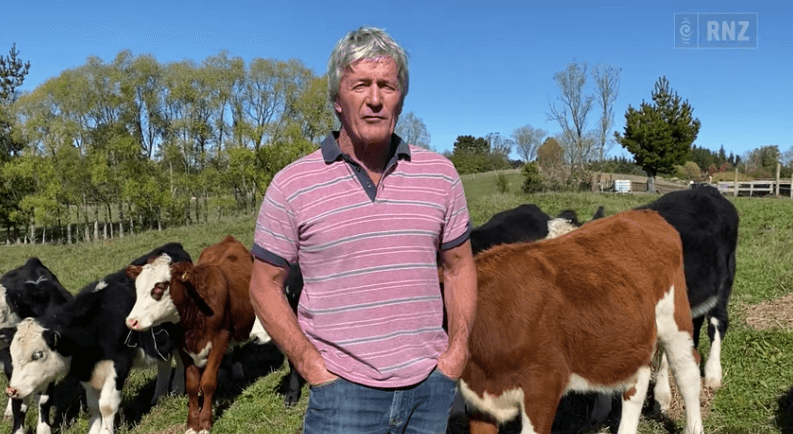Agriculture Minister Damien O’Connor has announced Moving Day will go ahead as planned for dairy farmers this year, but with strict controls to help prevent the spread of Covid-19.
On 1 June each year, the first day of the new dairy season, a large number of dairy farming families, sharemilkers, contract milkers and employees move to new farms to commence new employment and milking contracts. Lots of dairy cows also get sent to greener pastures for winter grazing.
There had been worries from farmers that Covid-19 restrictions could disrupt Moving Day, despite the industry considering it to be an essential activity.
O’Connor, said the government had been working with sector and had found solutions that allowed Moving Day to proceed under any alert level. Industry groups would provide guidance to dairy farmers who are shifting this season, to help ensuring their moves are safe, he said.
O’Connor said the $18 billion dairy export industry would play a critical role in New Zealand’s economic recovery after Covid-19, so it was vital that Moving Day went ahead.
“Since the alert level 4 lockdown was announced, and dairy farming was deemed an essential service, the government has been committed to finding a way to enable it to proceed.”
“I want to thank all of those sector groups and farmers across the country who have worked together and shared some really solid and innovative thinking about potential solutions which will allow these crucial farm movements to go ahead safely and efficiently,” O’Connor said.
The chief executive of DairyNZ, Tim Mackle, said the announcement would be a great relief to farmers.
“Moving Day is a key time in the dairy calendar so it’s great that a solution has been secured with government which will provide peace of mind for thousands of farmers.
“It means we’ll move into the next dairy season in a way that keeps them and the public as safe as possible,” Mackle said.
Information for farmers for Moving Day:
- Moving Day will go ahead as scheduled, under any alert level.
- Moving Day activities will be restricted to those absolutely necessary to enable the movement of people, and, where relevant, livestock, chattels and farm equipment. This is to make sure dairy farmers and workers have safe and suitable housing and protect the welfare of their animals.
- Under alert level 4, the dairy sector should limit activities to only those that cannot be deferred.
- Any movement around New Zealand must ensure people’s “bubbles” are maintained.
- Maintain up-to-date and accurate NAIT and other animal movement records.
- Face-to-face contact should be limited and the potential spread of Covid-19 should be reduced using measures such as physical distancing and additional hygiene protocols.
- The MPI primary sector risk assessment framework will be extended to primary sector businesses that are deemed non-essential services under current alert level 4 protocols so they can commence operating immediately (and safely) at alert level 3.
Source: rnz.co.nz Republished by arrangement.

